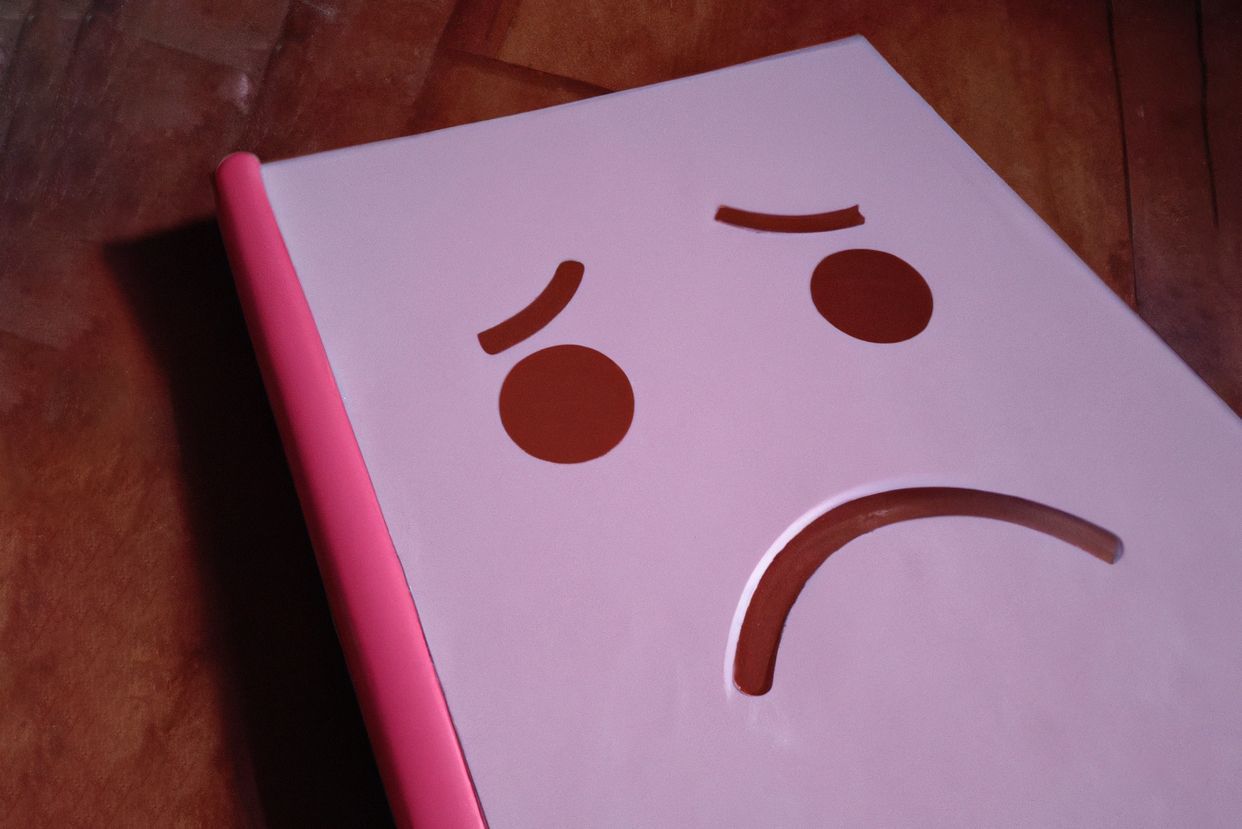What readers hate about books, according to 'The Washington Post'
Dreams, italics, the word “lugubrious”—here’s everything America’s newspaper of record wants writers to stop writing.

There’s an unofficial rule about writing for the internet that says you should always begin with a provocation—the more incendiary the position, the more likely readers will be to hate-share it, the higher your website’s pageviews. It is with some trepidation, then, and with apologies to this month’s Google Analytics, that we begin this particular piece of writing with what might generously be called a sub-zero-degree take: people like books.
The evidence, should you need it, can be found in the data (over 2.2 billion books were sold globally in 2022) and the archaeological record: people started going wild for the written word when The Epic of Gilgamesh was first set down in vaguely portable clay tablets back in Ancient Sumeria, and the preponderance today of bound paper tomes on everything from English smocks to horse yoga (?) seems to indicate that, some 4000 years later, we still can’t get enough of the damn things.
And yet, we do not love everything about books. That, at least, is the take-home from a recent Washington Post article by book critic Ron Charles. Titled ‘What readers hate most in books’, the article summarises the responses Charles received after asking the readers of the Post’s Book Club newsletter to write in listing their literary bugbears. And write in they did, in what Charles describes as “a tsunami of bile”. “Apparently, book lovers have been storing up their pet peeves in the cellar for years,” Charles writes, “just waiting for someone to ask. Hundreds and hundreds of people responded, exceeding my wildest dreams.”
Dreams, as it happens, topped the Post’s list of pet peeves. “They are always SO LITERAL,” one reader complained, “usually an example of lazy writing.” We’re not sure Dostoyevsky or Shakespeare would agree, but as a rule of thumb it’s probably not too controversial to ask authors to stay away from dream sequences until they’ve entered the literary canon. ‘Keep your characters awake’ seems to be the message.
If dreams were targeted for being too simplistic, non-linear timelines were dinged for being the opposite. “Everything doesn’t have to be a linear timeline,” one reader conceded, “but often authors seem to employ a structure that makes the book unreadable (or at least very difficult to follow). There seems to be no reason why this is done other than to show off how clever they are.”
On the more pedantic end of the spectrum were factual errors, which are seemingly the result of authors trying to write about things they’re unfamiliar with. “Calling the divisions in a hockey game quarters or having a pentagon shaped table with six chairs” irked one reader, while another complained about the misrepresentation of maple syrup production. (Apparently it doesn’t involve any stirring—aspiring authors of bucolic novels set in rural Canada, take note.)
Another grievance involved the use of italics. “Long passages in italics drive me nuts,” wrote one reader, while another conceded that while Cormac McCarthy does write entire chapters in italics, “only the rest of his writing redeems that.” Less redeemable, apparently, is the absence of quotation marks to signify dialogue. (Another common McCarthyism.) “Sometimes you have to reread a passage to determine who is speaking,” complained one reader, while another compared the ultra-hip habit to “a film director shooting in black-and-white to signal seriousness of purpose”.
And then there are certain words that just give some readers the ick. No one should use the word ‘lubricious’ more than once per book, says one person who’s apparently been reading a lot of adult material (yes, we had to look it up), while another says they’d like to see ‘lugubrious’ removed from the dictionary, presumably because it’s kind of unpleasant to sound out in your head. (Luh-goo-bree-us. Eww.)
As a piece of online writing, Charles' list is pretty uncontroversial. But it has managed to spark the ire of at least one publication. Writing in Lit Hub, author Emily Temple flips the script with a summary of everything that books hate about readers. “Books hate to be used as props for Instagram posts,” Temple writes, “or to raise your computer when you’re on a Zoom call.” They also apparently dislike being loaned out in an effort to get you laid, and insist that ‘liking books’ isn’t a substitute for having a personality.
Fair enough, we guess. But with all this bad blood, maybe readers and books just need a little space from one another. Which is why we’re writing this piece here on the internet, where everything everyone writes is always appreciated and no one gets mad at one another. Now if you could all go forth and share this with your followers, we can get back to work.
